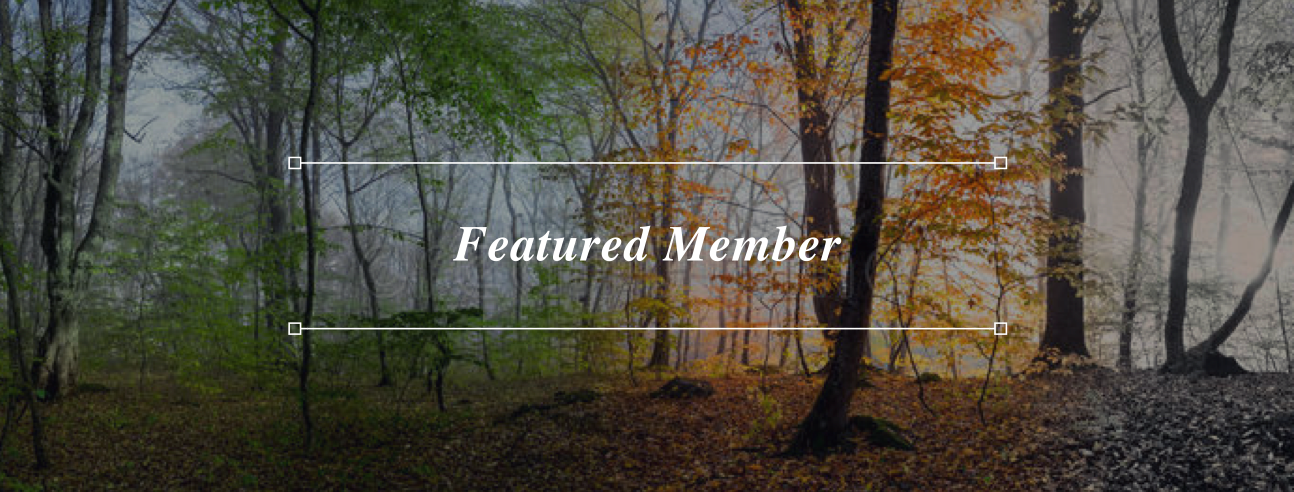
Jacquelynn Kuhn, LPC
Jacquelynn Kuhn is a Licensed Mental Health Counselor in private practice in Spokane, WA. She is passionate about helping women and girls, with a special focus on anxiety. Part of her inspiration to help others arose from her own life experiences understanding and reframing her own anxiety and healing from relational trauma. She enjoys collaborating with colleagues and bearing witness to the process of healing and building resiliency in her clients.
How did you become interested in working with individuals who have experienced trauma or violence?
My interest grew out of my own experience with relational trauma both in my marriage and my family of origin. When I left my marriage to start life over, I realized there was a pattern of relational trauma in my life that started at a very young age and included constant criticism, verbal and physical abuse, controlling behaviors, and emotional neglect. Today, we refer to the interpersonal violence in childhood and adolescence as Complex Trauma, or Developmental Trauma,
Trauma has its own language, and it helped me to develop language for my own story. I came to understand how impactful trauma is when it comes to a person’s ability to form secure attachments with others, to move through the world with a healthy sense of trust and openness.
As you have worked with individuals over time and trained in different modalities, what are some of the themes you have noticed in terms of influential factors that promote healing?
After working with hundreds of families and individuals, I’ve discovered that what heals emotional pain is the same for all people. When you have supportive friends and family, as well as a safe, growth-oriented environment, resiliency and healing naturally occur. In addition, when your emotions are validated and when you feel understood and accepted for who you are – ALL of you – that also helps to heal emotional wounds.
Have any of your discoveries surprised you?
What continually surprises me is how often we get tricked into a belief that healing is an arrival rather than a process. It’s always a process. You don’t arrive to “Now I’m healed.” You simply come back to healing through care and kindness for yourself, and from others, over and over.
What treatment modalities are you most excited about?
This is a difficult question! First and foremost, I’m most excited about forming a secure and trusting relationship with my clients because that’s what leads to healing. Clients need more secure and trusting relationships in their lives.
While I work primarily from a Relational Psychodynamic Psychotherapy perspective, I integrate other approaches into my practice such as Mindfulness, Object Relations, Eye Movement Desensitization and Reprocessing (EMDR), and Cognitive Behavioral Therapy. More recently, I started training in somatic modalities that integrate mind-body connection and interpersonal functioning, which are both so important for healing.
You also have an interest in anxiety. Tell us about this and how you most often see this in your practice?
My practice is primarily focused on helping women and girls. I’m sure it’s not surprising that my interest in anxiety is based on my own life experiences with it. My anxiety can still spiral a bit, but I’ve learned how to work with myself and my anxiety, and be kind to myself when I go to that worry space in my mind that loves to fill my time thinking through all the “what-ifs” in life, trying to control them so I can be safe. I see the same thing often in my practice, which I hope comforts people by just knowing it’s a universal human experience.
Do you feel that anxiety is influence by culture and technology?
For women and girls, there’s a very pervasive cultural layer that adds an extra bit of “ugh” to anxiety levels in regards to body expectations and judgments, sexual expression and suppression, and gender roles that we are socialized to accept as “right and wrong.” And as is the case with most things in life, technology and social media create as much mental cost and conflict as they do mental benefit and connection. It’s both! Anxiety can be ramped up in women and girls who feel boxed-in to specific societal expectations as reflected in social media images and conversations.
Fortunately, anxiety can also be lessened and eased when girls and women see themselves in someone else’s experiences, or when they grow a greater sense of community and empathy. I see just as many girls and women who experience growth and acceptance while using social media because they experience a wide range of opinions, expectations and images. Conversation via technology allows us to connect to other cultures, societies, and people.
Tell us a little bit about your interest in grief and mourning and how it plays a role in the other issues you treat?
My clients experience many different types of loss – jobs, divorce, death of parents or children, senses of trust and safety that are shaken up after trauma. If we don’t practice grief and mourning with care and compassion by giving space and modeling acceptance and connection in the midst of loss, we create a profound sense of isolation that hurts.
I see clients get caught up in a lot of “shoulds” when experiencing grief and mourning – “I should be doing…I should be able to function…I should stop focusing on myself…”
Additionally, when someone is already struggling with depression or anxiety, grief and mourning become even more complicated, creating a sense of isolation from comparing their own grief to how other people around them are doing and responding. My passion is about helping people connect in authentic ways – mourning and grief offer a space for holding true connection to each other.
What do you love most about your current work? What inspires you?
My clients and colleagues in the mental health profession – it’s so inspiring to work with girls and women who are doing the work of healing themselves and our communities, speaking with voices that are getting heard more and more by dominant culture. I love helping girls and women connect and care for parts of themselves that have been silenced, shamed, and separated for far too long.
What refreshes you and fills your cup?
Consultation with colleagues, connecting to my girlfriends, listening to music, soaking up sunlight and other natural elements outdoors, and authentic conversation founded on respect and empathy.
Also, the work itself. I have never enjoyed my career more than I do right now as I continue connecting with women and girls to accompany them in their own journeys of grief, loss, and resilience.